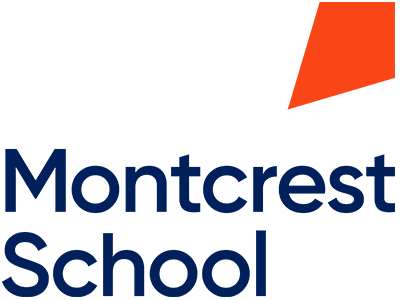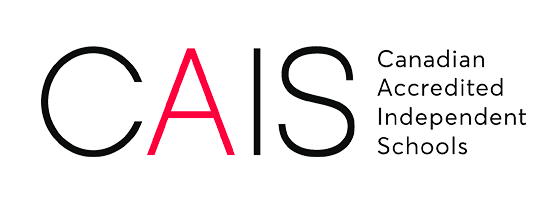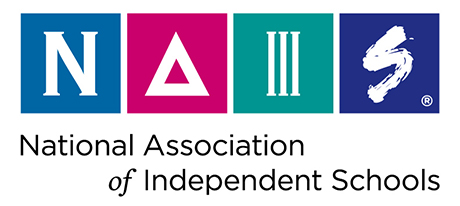Additional Resources
Unique High School Programs
Click on the links to learn more.
What is The IB Diploma Programme?
The International Baccalaureate (IB) curriculum requires that students complete a course of study in six core subject areas (language and literature, language acquisition, individuals and societies, sciences, mathematics, and the arts), write an essay of up to 4000 words, and sit standard, externally assessed exams. Students are also required to complete two formal projects and a minimum of 50 hours of community service.
Advanced Placement (AP) vs. International Baccalaureate (IB) Programs: What’s the difference?
If you’ve heard of International Baccalaureate and Advanced Placement enrichment programs before, you may be wondering what the difference is between them. Find out in this brief overview and how they might be right for your child!
Some examples of parents’ and students’ experiences with both programs.
Questions for Parents to Ask Schools
| School Philosophy | Types of Students |
|
|
| Curriculum | Class Size |
|
|
| Tuition | Extracurricular Activities |
|
|
| Teacher Qualifications | Use of Technology |
|
|
| Measurement of Progress | Student Life |
|
|
| Parent Involvement | School Governance |
|
|
Source: https://www.ourkids.net/pdfs/school/QuestionsAsk.pdf
Sample Interview Questions
*Article below contains tips for answering each question.
|
Questions about yourself |
Questions about non-school interests |
|
|
|
Questions about school interests and attitudes |
Questions about your suitability for a school |
|
|
|
Questions about your beliefs/values |
Questions about the school |
|
|
*Source: https://www.ourkids.net/school/private-school-interview-questions
The Secondary School Admissions Test (SSAT)
SSAT Format
| Verbal | Quantitative (math) | Reading Comprehension | Writing Sample |
| 30 minutes | 60 minutes (two 30-minute sections) | 40 minutes | 25 minutes |
|
|
|
|
SSAT Recommendations
- Identify testing dates for Ontario.
- Acquire an Official Guide (we recommend starting in the Spring or late summer).
- Follow the SSAT Tips page.
There are two levels of testing for the SSAT:
- Lower: For students currently in Grade 5-7
- Upper: For students currently in Grade 8-10.
SSAT Tips for Success
Timing is key:
Keep in mind that many schools like to receive SSAT scores no later than February. Make sure you fully understand the requirements and essential deadline dates for your preferred school(s), since these vary between schools.
Once you know you will need to take the SSAT test, ensure you do the following:
- Select a test site and location
- Obtain necessary documentation
- Select score recipients (who will receive the test results)
- Register for the test
- Print your SSAT admission ticket and manage your SSAT account
- Prepare for the test (more on this below)
- Review your score report (after you’ve written the test)
Order a prep test
Help is only a click away. The Secondary School Admission Test Board publishes a book of full-length practice tests, available online.
It contains:
- Full-length practice tests (two upper level, two lower)
- Scoring instructions and explanations
- Descriptions and exercises for each type of question
- Advice for using time efficiently
Once you’ve received the test, go through it. It will give you a strong indication of what to expect from the SSAT.
Prep courses
Some organizations offer prep courses for the SSAT, which may help prepare your child. It’s important to note, though, that prep courses are not endorsed by the SSATs governing body.
Work together with your child:
Parents can help by going over test-taking strategies with children and helping them practice. After giving your child a timed test, go over the wrong answers with your child, to help him or her figure out how to do better when taking the actual SSAT.
Schools that require the SSAT
| Girls Schools | Boys Schools | Co-ed Schools |
| St Clement’s School | St Michael’s College School | University of Toronto Schools |
| Country Day School |





